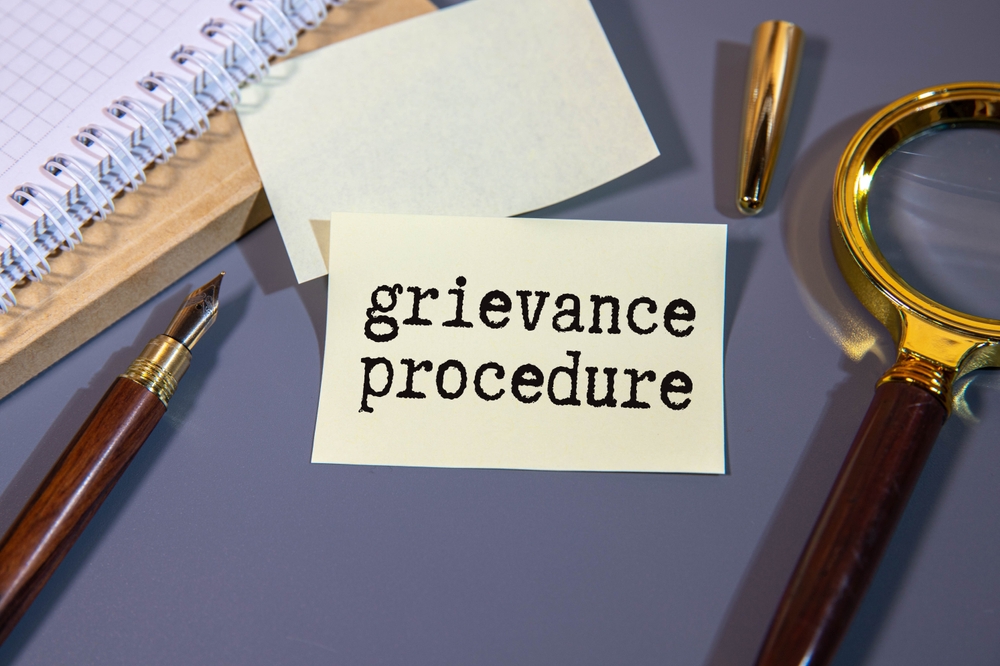Was an Employment Tribunal permitted to apply the maximum ACAS uplift to both the aggravated damages award and the award for injury to feelings. Yes, held the Employment Appeal Tribunal (EAT) in Slade and others v Biggs and others.
Under section 207A of the Trade Union and Labour Relations (Consolidation) Act 1992, a Tribunal has the power to increase or decrease an award of compensation if it considers that an employer or an employee has unreasonably failed to comply with the Acas Code of Practice on Disciplinary and Grievance Procedures (the Code).
What is the Code?
It provides practical guidance to employers and employees on the fair conduct of disciplinary and grievance procedures. You can access it here.
When does it apply?
A failure to follow the Code will not, on its own, give rise to a claim. However, a Tribunal can adjust any award for compensation by up to 25% if it determines that an employer or employee has unreasonably failed to follow the Code. It works both ways. If the employer is found to have unreasonably failed to follow the Code, the award can be increased by up to 25%; if an employee has unreasonably failed to do so, the award can be reduced by up to 25%.
In Slade, the Tribunal found that the Claimants were dismissed by the Respondent. The employer felt that “their becoming pregnant at roughly the same time was highly inconvenient” and “he thereafter decided to dispense with the Claimants”. The Tribunal found that amongst other things the Respondent tried to manufacture a working environment which would result in the Claimants resigning i.e., by manufacturing conduct proceedings against both Claimants without merit and failing to pay statutory maternity pay on time. The Tribunal determined that the employer discriminated against both Claimants on grounds of their pregnancy or maternity. The Tribunal applied the maximum uplift to both the award for injury to feelings and aggravated damages. The employer appealed this decision on the grounds that by applying the uplift to both awards this amounted to “double counting”.
The EAT dismissed the appeal. It held that there was no obvious or significant double counting applied to the uplift of both awards. The EAT also set out a four stage a test that Tribunals could consider:
- Is the case such as to make it just and equitable to award any Acas uplift?
- If so, what does the ET consider a just and equitable percentage, not exceeding although possibly equaling, 25%?
- Does the uplift overlap, or potentially overlap with other awards, and if so, what in the Tribunal’s judgment is the appropriate adjustment, if any, to account for double-counting?
- Apply a final sense check: is the sum of money represented by the application of the percentage uplift arrived at by the Tribunal disproportionate, and if so what further adjustment needs to be made?
You can read the full judgment here.
As the Code applies equally to employees and employers it is worth considering the Code and its contents if you are going through a grievance or disciplinary to check whether you are doing everything which would be considered reasonable in the circumstances. Failure to do so could be a costly lesson.
